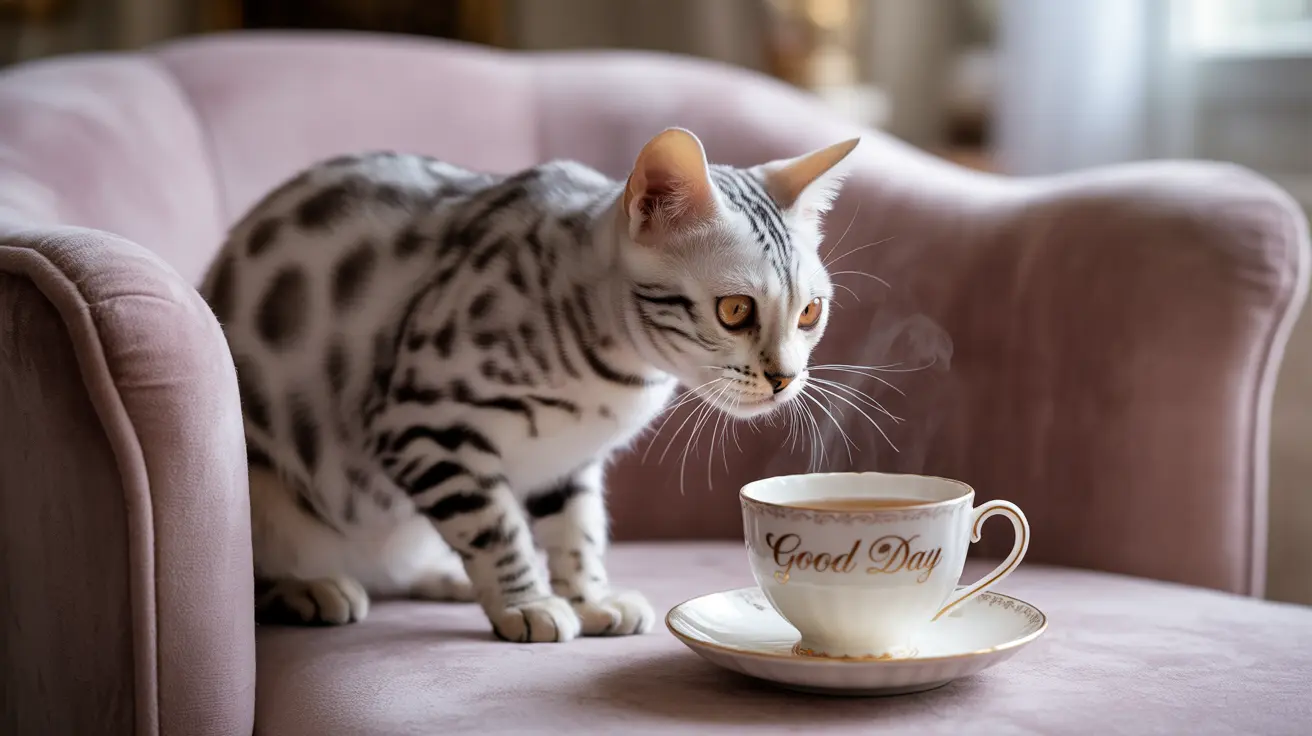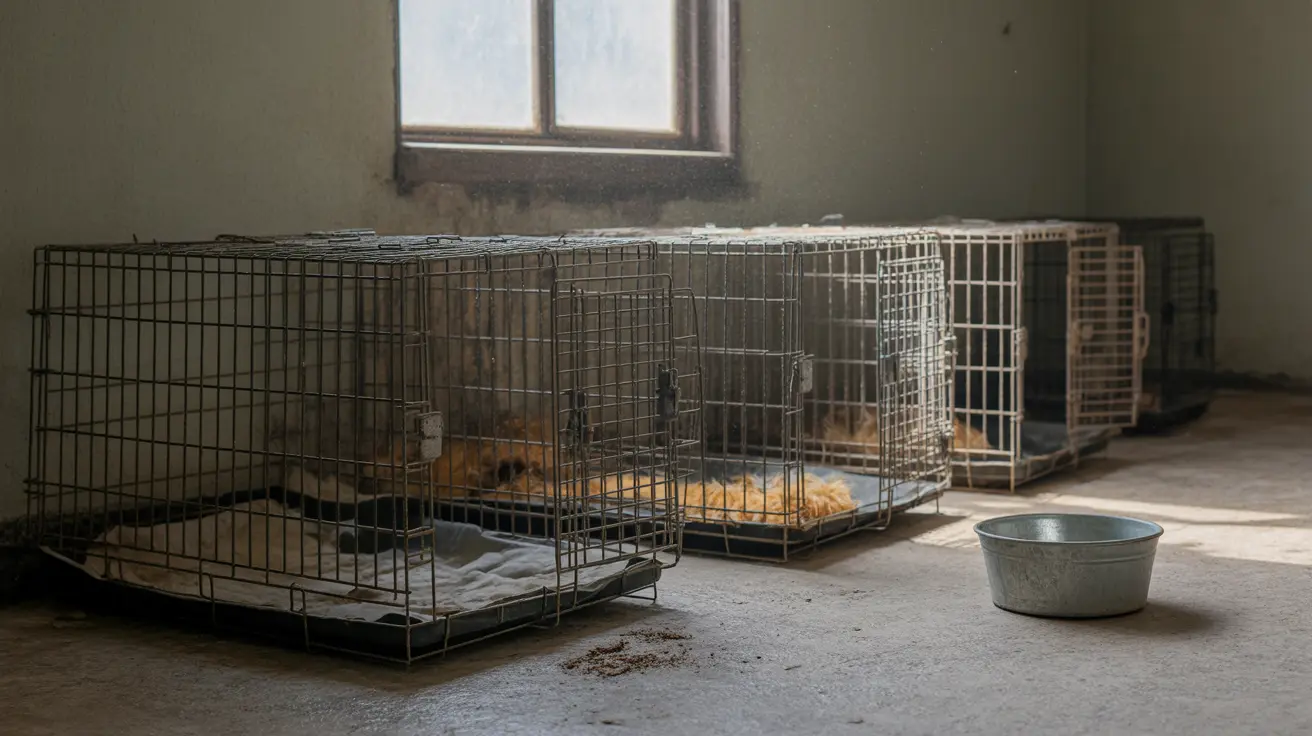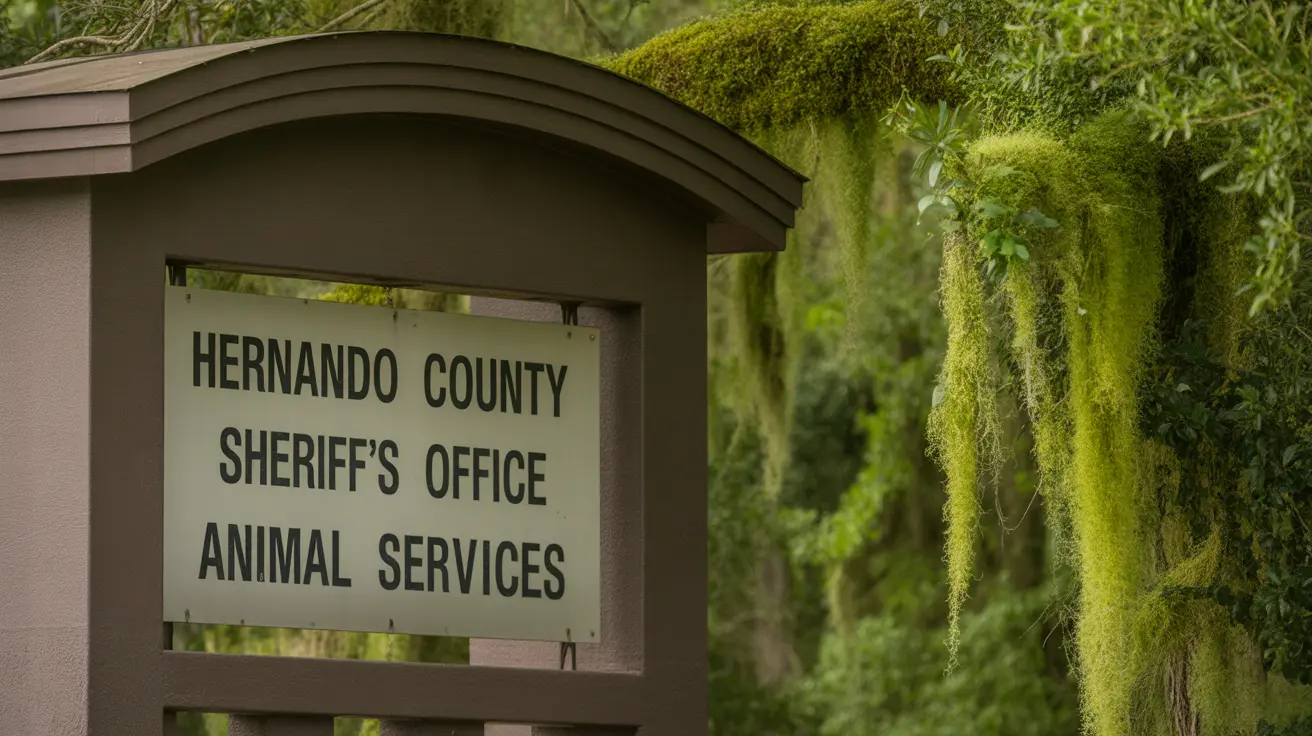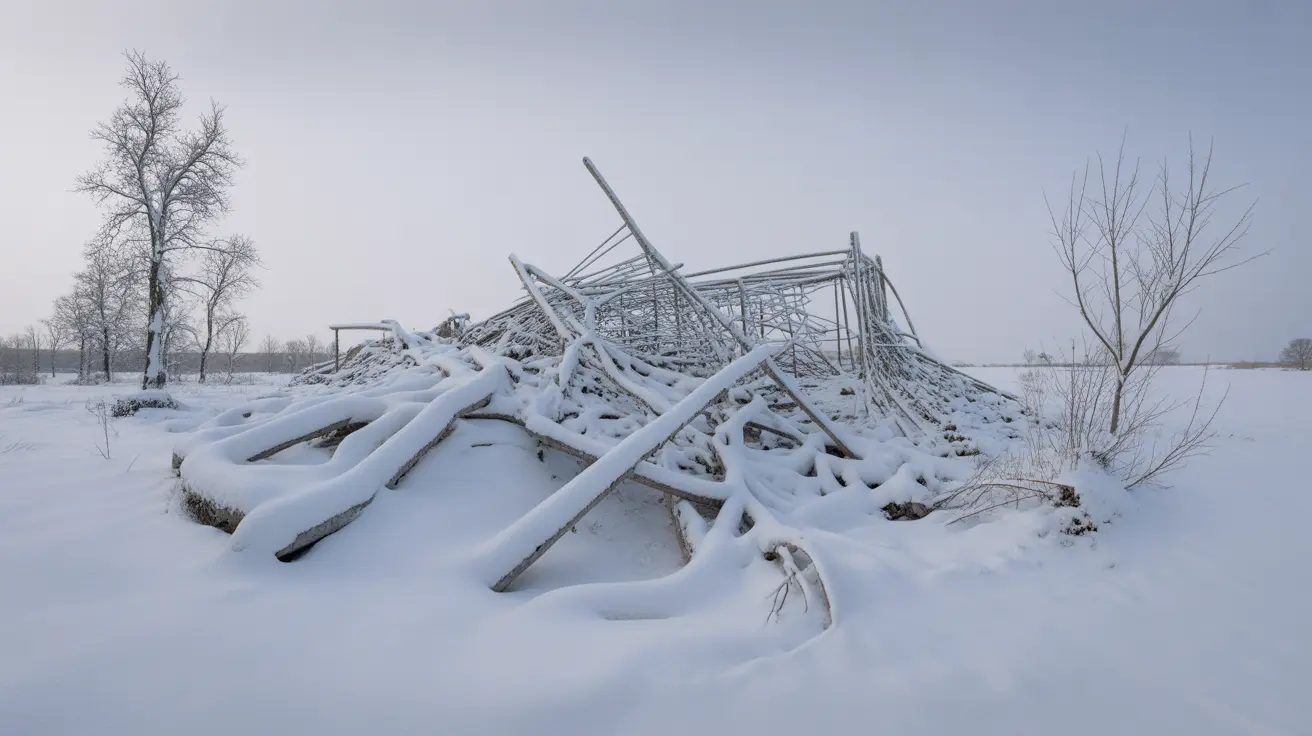The Dangers of Caffeine for Cats
Caffeine, a primary component in most teas, poses a serious threat to cats. Unlike humans, cats cannot efficiently metabolize caffeine, making even small amounts potentially dangerous. A cat's smaller body size and unique metabolism mean that what's a pleasant pick-me-up for us could be life-threatening for them.
When cats consume caffeine, they may experience:
- Rapid heart rate and elevated blood pressure
- Restlessness and hyperactivity
- Tremors and seizures
- Vomiting and diarrhea
- In severe cases, collapse or death
Hidden Dangers in Different Tea Types
Traditional Teas
Black and green teas are particularly dangerous due to their high caffeine content. Even decaffeinated versions retain some caffeine and contain other harmful compounds like tannins that can affect your cat's liver and kidneys.
Herbal Teas
While herbal teas might seem safer due to their caffeine-free nature, many contain ingredients toxic to cats, including:
- Essential oils
- Citrus compounds
- Artificial sweeteners
- Certain herbs like chamomile and peppermint
Common Tea Additives That Harm Cats
The dangers don't stop with tea itself. Common additions to tea can be equally harmful:
- Milk and cream (most cats are lactose intolerant)
- Sugar (contributes to obesity and diabetes)
- Artificial sweeteners (especially xylitol, which is toxic)
- Flavoring agents and preservatives
What to Do If Your Cat Drinks Tea
If your cat consumes tea, quick action is essential:
- Monitor for symptoms of caffeine poisoning
- Contact your veterinarian immediately
- Note the type and amount of tea consumed
- Bring the tea packaging to your vet if possible
Safe Alternatives for Cats
Instead of tea, ensure your cat has constant access to fresh, clean water. This is the only beverage cats truly need for proper hydration. If you want to treat your cat, consider:
- Cat-specific water fountains
- Pet-safe broths (unseasoned)
- Veterinarian-approved supplements
Frequently Asked Questions
Can cats safely drink any type of tea, including herbal varieties?
No, cats should not drink any type of tea. Even herbal varieties can contain ingredients toxic to cats, such as essential oils or harmful herbs.
What are the symptoms if my cat accidentally drinks tea containing caffeine?
Symptoms include restlessness, rapid breathing, heart palpitations, vomiting, diarrhea, tremors, and in severe cases, seizures or collapse.
Are decaffeinated teas safe for cats to consume?
No, decaffeinated teas still contain trace amounts of caffeine and other harmful compounds like tannins that can be toxic to cats.
What should I do if my cat drinks tea or chews on a tea bag?
Contact your veterinarian immediately and monitor your cat for symptoms. Bring the tea packaging to help identify potentially harmful ingredients.
Are there any herbal teas or natural ingredients that are safe and beneficial for cats?
While some cat-specific products may contain herbs, regular herbal teas are not safe. Always consult your veterinarian before giving your cat any herbal products.
Remember, the safest approach is to keep all tea products away from your cats and stick to fresh, clean water for their hydration needs.






